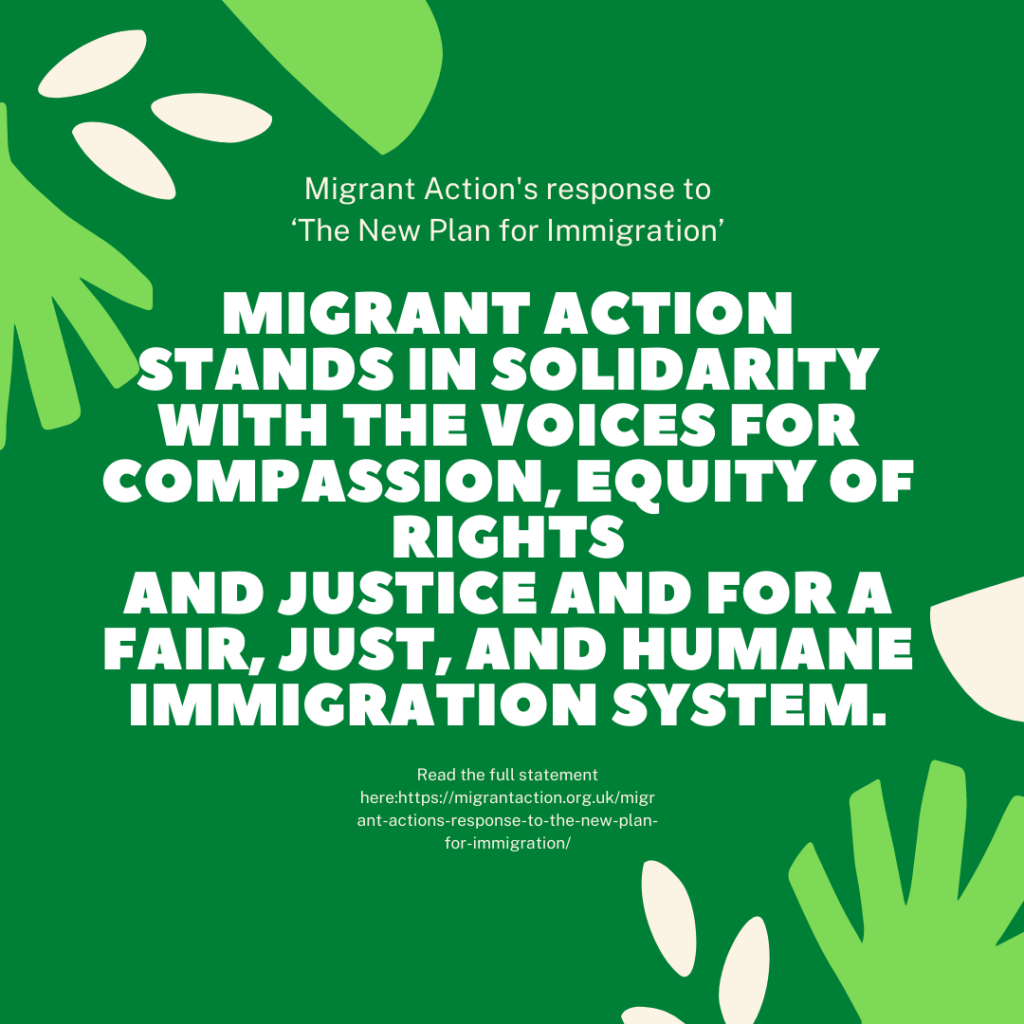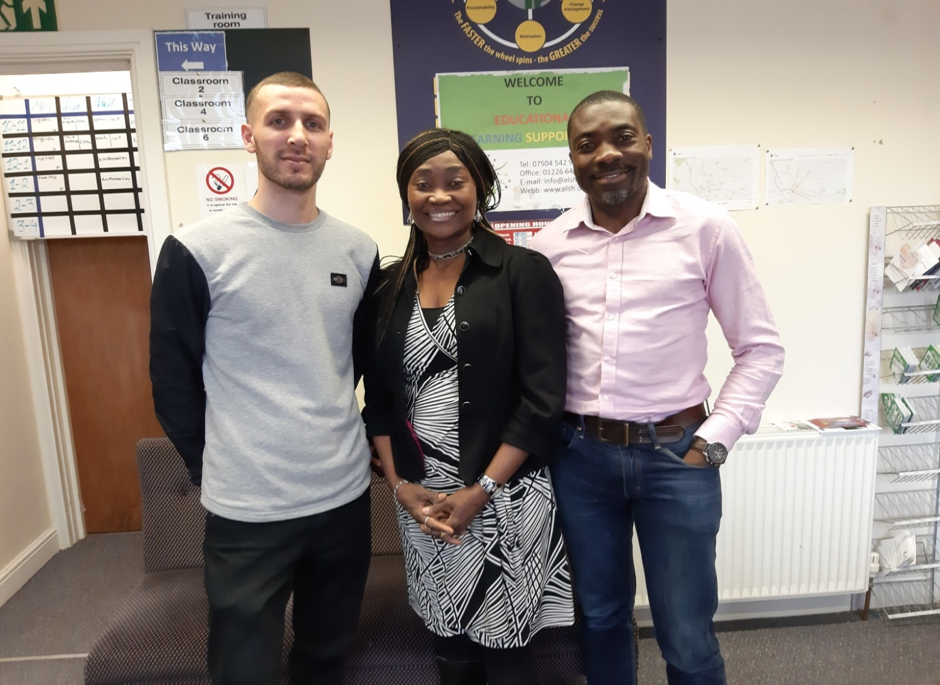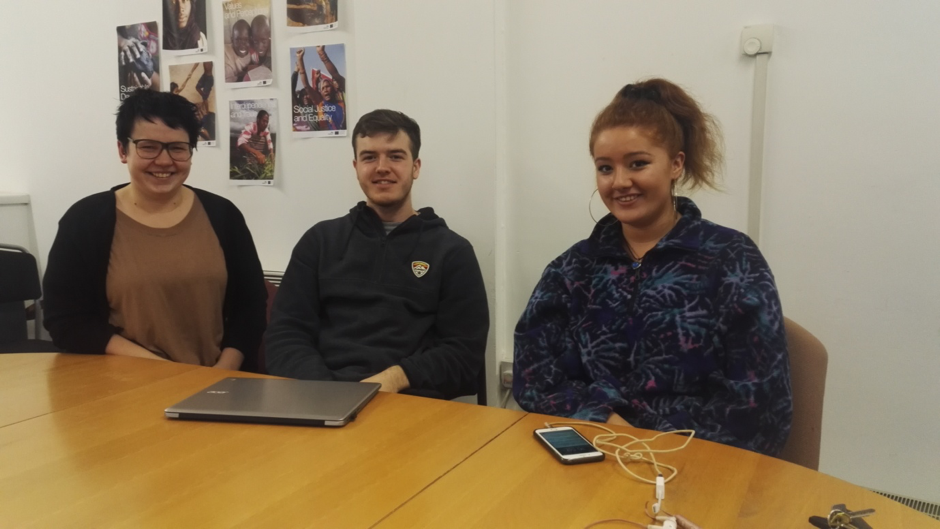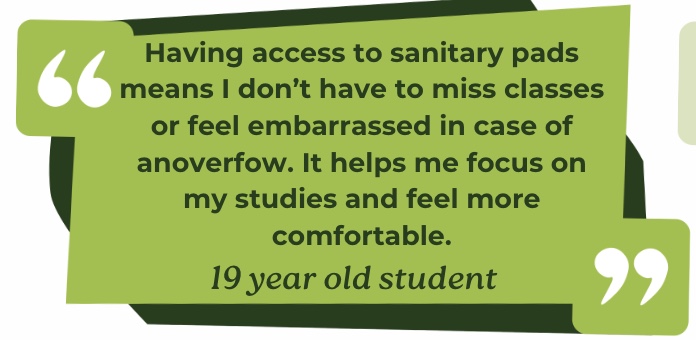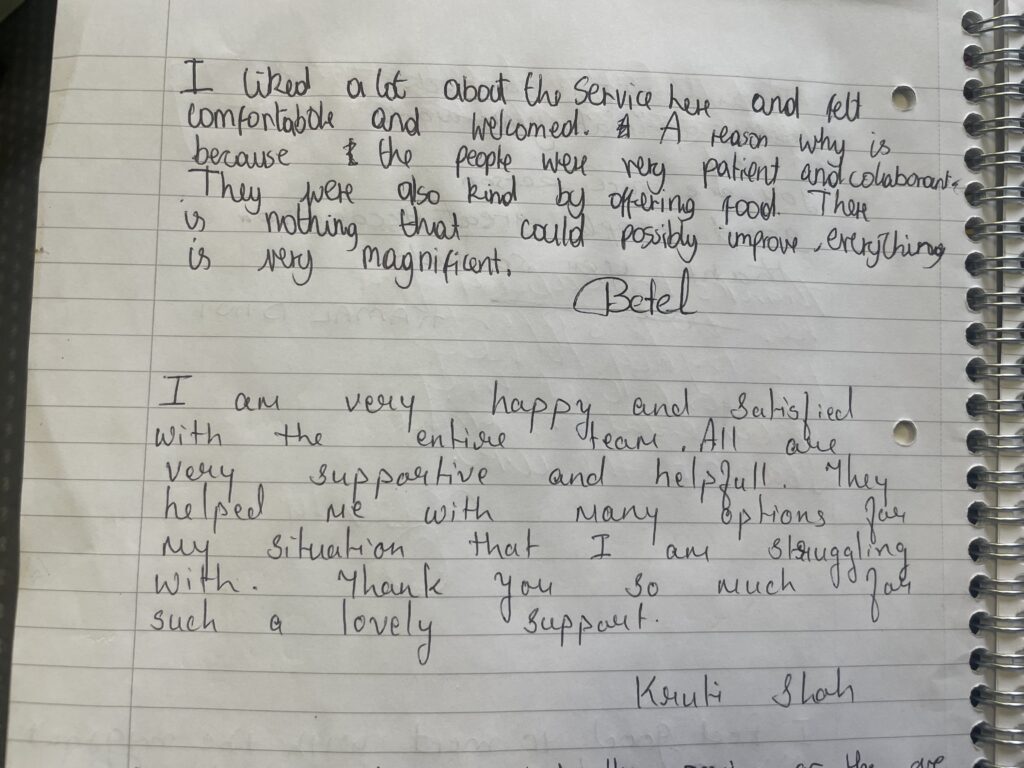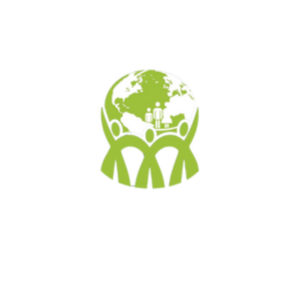Migrant Action are joining with Empowering Parents of African Children in the UK (EPACUK) to co-host a Migration and Parenting Seminar & Workshop.
When: 28th June, 2024 – 9am-12.30pm
Where: Shine, Harehills Road, Leeds, LS8 5HS
Below is a plain text version of this flyer:
Join us for a public education workshop covering a variety of topics, including the following:
- Understanding culture and its influence on parenting
- Understanding UK parenting norms and safeguarding laws
- Balancing cultural values with UK parenting norms and safeguarding laws
- Cultural differences and their impact on parenting practices
- Effective communication and problem-solving within the context of cultural differences
- And so much more!
The Facilitator of this seminar & workshop will be Chenai Machinjike. Chenai is a registered UK Social Worker with over a decade of experience in safeguarding and family support teams, court teams, and fostering and adoption. Her expertise lies in conducting culturally informed parenting assessments of African parents as an independent social work consultant.
Chenai is passionate about promoting positive parenting of African children in the UK and providing culturally sensitive parenting education and guidance to improve outcomes.
This seminar & workshop will be the first in a series of public education events by Migrant Action aimed at empowering migrants and creating spaces for knowledge exchange and understanding to ensure equity of rights and access to justice.













